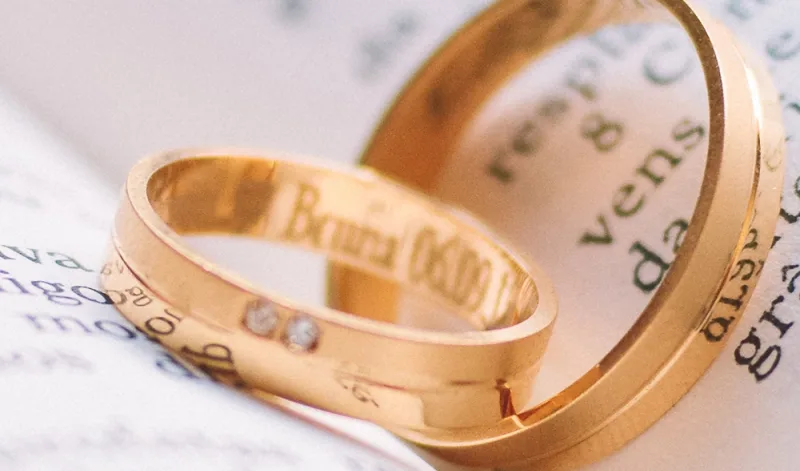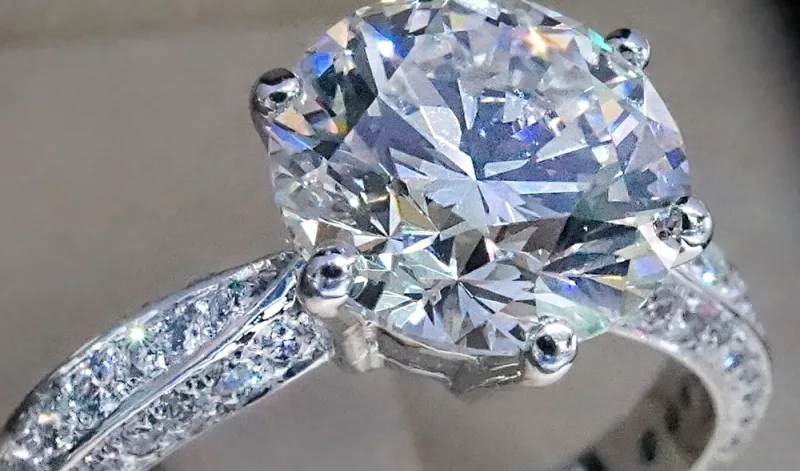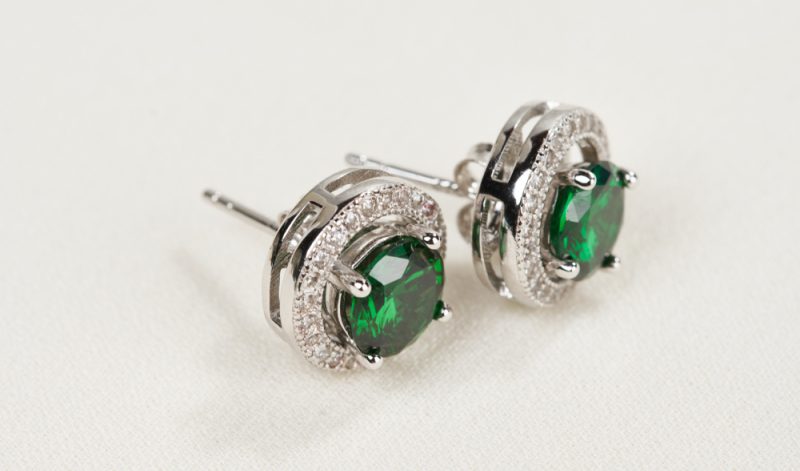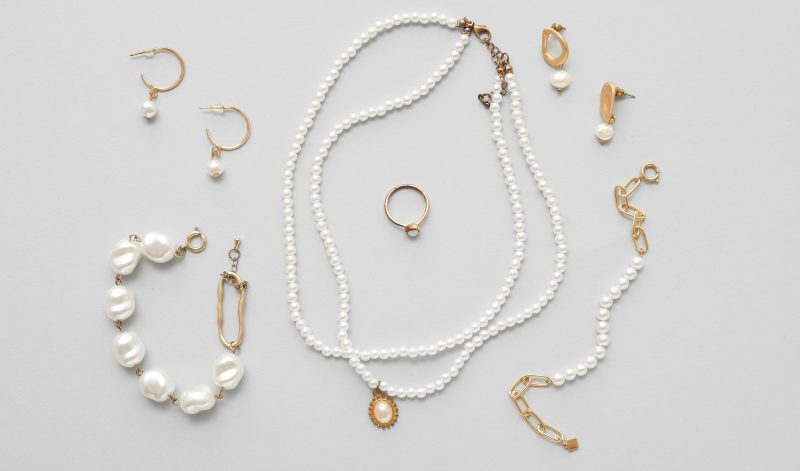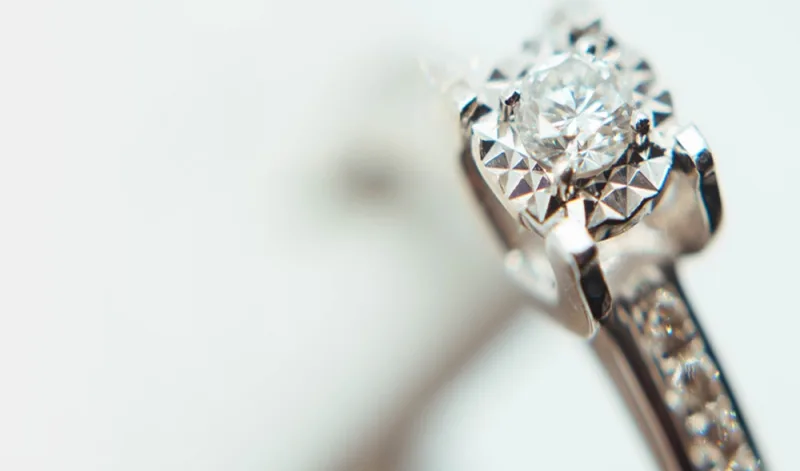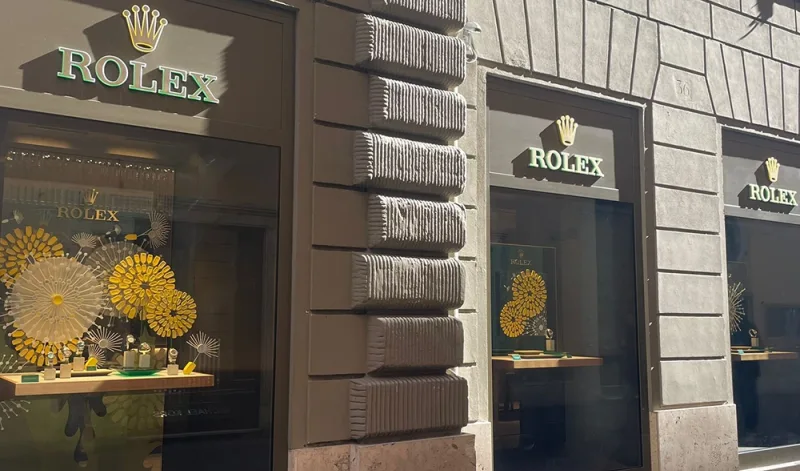From red carpets to resale
In the glittering world of celebrity, few accessories combine glamour, heritage, and hype quite like the wristwatch. Whether it’s actor Ryan Gosling flashing a TAG Heuer on the red carpet, actress Elle Fanning wearing a Cartier Zelda at the 2025 Oscars, or an F1 driver’s custom Richard Mille glimpsed in the pit lane, the influence of celebrity watch culture is undeniable and increasingly powerful. Watches aren’t just telling the time anymore. They’re telling stories and shaping markets.
Wristwear as cultural currency
Historically, fine watches have symbolised success, craftsmanship and tradition. (Read our fascinating blog: The history of the wristwatch here). But today’s watch world is also about narrative. A watch becomes more than metal and movement when worn by someone who captivates millions. This fusion of fame and horology has transformed wristwear into cultural currency a collectible asset class driven as much by style moments as by mechanical prowess.
Brands are well aware of this. TAG Heuer, Omega, Rolex, Cartier and Audemars Piguet all have celebrity ambassadors and cultivate high-profile placements. Why? Because the impact can be meteoric.
Just look at Ryan Gosling…
The Ryan Gosling effect: From Barbie to box office buzz
Gosling has been a TAG Heuer ambassador since 2021, but the momentum truly built during the Barbie film promotional blitz in 2023. Whether at press tours or award ceremonies, Gosling consistently wore variations of the TAG Heuer Carrera and most notably, a custom diamond studded edition at the Oscars. The watch, a one of one made especially for him, sparked widespread media coverage and sent enthusiasts (and resale prices) into a frenzy. Suddenly, a watch that had quietly existed in TAG’s stable was in the limelight and selling out.
Barbie “pink” also became a trend in 2023/4, with some luxury watch brands launching male, female and unisex watches in everything from soft candy-coloured hues to shocking pink.
Gen Z and the rise of vintage hype
The Gosling effect may be contemporary, but Jacob Elordi represents a different, and arguably even more potent, influence: the Gen Z vintage revival. Best known for roles in Euphoria, Priscilla, and Saltburn, Elordi has become a modern menswear icon often snapped wearing slim-line, gold vintage Cartier Tanks or retro Omega Seamasters.
Unlike many of his peers, Elordi isn’t part of a traditional watch endorsement deal. His choices feel organic, almost accidental and that authenticity resonates deeply with younger buyers.
In this context, watches are less about status symbols and more about personal curation. The minimalist 1970s Cartier Tank he has been seen wearing is not a trophy watch. But in the right hands and the right Instagram shot it becomes iconic.
From Formula One to film premieres
It’s not just Hollywood driving the trend. High profile athletes and entertainers across sport and music are regularly seen turning watches into headline-makers.
F1 drivers, for example, are central figures in the luxury watch scene. Lewis Hamilton has long been associated with IWC, often donning unique Pilot chronographs with customised straps.
Meanwhile, Ferrari driver Charles Leclerc has boosted visibility for Richard Mille’s ultra lightweight, spaceage creations timepieces that retail well into six figures and frequently sell out to collectors almost instantly after raceday appearances.
Then there’s the red carpet circuit. Film festivals and premieres are fertile ground for “watch spotting”. A listers such as Timothée Chalamet, Jennifer Aniston, Rami Malek, and Daniel Craig all have dedicated followings among watch fans, not just for their style but for the specific references they choose to wear.
A flash of a discontinued Rolex GMT or a rare Patek Philippe can trigger thousands of Google searches and, in some cases, double the resale price overnight.
Market ripples and resale spikes
This influence isn’t just anecdotal. There are platforms that track sales data and consistently show spikes following major celebrity appearances. A watch worn at the Met Gala or Cannes can go from quietly available to completely sold out within hours with pre-owned listings climbing steeply in price.
It’s not just contemporary pieces either. Vintage markets are also impacted. When a famous face wears a 1960s Omega Constellation, collectors take note and demand follows. In a landscape where rarity and story matter, a celebrity’s wrist choice can redefine desirability.
For watch brands, this provides a golden opportunity. Collaborations, limited editions, and celebrity fronted reissues become powerful commercial tools. But for collectors, it also means paying attention because the window to buy before prices rise can be brief.
The insurance angle: Pop culture can change the price tag
For owners of fine watches, this shifting landscape has an important practical implication: valuation.
Watches can change in value over time for many reasons condition, rarity, heritage. But celebrity influence is an often overlooked driver of price appreciation. A model that was once modestly priced might now command four or five times the original amount, simply due to increased exposure.
Take the TAG Heuer Monaco worn by Steve McQueen in Le Mans a film from 1971. It was relatively niche at the time. But decades later, McQueen’s legacy and ongoing references in fashion and pop culture helped cement the Monaco’s cult status, making it one of TAG Heuer’s most coveted pieces today. Fast forward to modern times: the same principle applies.
If you bought a watch for £3,000 and it’s now valued at £9,000 following a celebrity sighting or trend surge, your watch insurance policy needs to reflect that. Otherwise, you risk being underinsured and potentially out of pocket should anything happen.
Regular watch valuations, especially for collectible or limited-edition pieces, are essential. So too is choosing a specialist watch insurance provider that understands market fluctuations and will accept independently verified valuations from reputable dealers or appraisers.
A changing collector culture
Celebrity influence has also altered how people collect watches. There’s a growing crossover between fashion, film, and horology and an appetite for story-driven purchases rather than just technical specifications.
Younger collectors are more likely to buy based on cultural relevance than movement complications. They want watches with meaning, history, and emotional connection whether that’s a model that was worn by Paul Newman or a modern reference spotted on Zendaya.
The traditional collector’s club dominated by obscure references and technical knowledge is evolving. Social media, stylists, and streetwear culture have influenced horology, giving rise to a new breed of watch enthusiast.
And with this comes a fresh appreciation for both high-luxury and high accessibility. A £100,000 Audemars Piguet and a £4,500 vintage Cartier Tank can both be “it” watches depending on who wears them, and when.
Iconic watches
Watches have always been more than tools. Today, they’re icons - worn, watched, and wanted because of the people who wear them. Celebrity culture continues to drive not just attention, but aspiration.
And in an age of influencer marketing and curated feeds, a single image can still do what no ad campaign can: turn a watch into a phenomenon.
A final note: If your watch has risen in value due to pop culture hype or rarity, make sure your watch insurance policy keeps pace. Seek updated valuations and speak to a specialist watch insurance provider - such as us here at Assetsure about bespoke cover that reflects current market prices. The last thing you want is for a celebrity moment to boost your investment only for an outdated policy to let you down.
If you’d like to make sure your watch is properly protected, you can get a quote online or, please give us a call on 0208 0033 190. We’d be delighted to help.
This article is based on our own research into watch industry trends and celebrity influence. Market values fluctuate and any price movements or watch insurance decisions should be supported by advice from a qualified professional or independent valuer.










